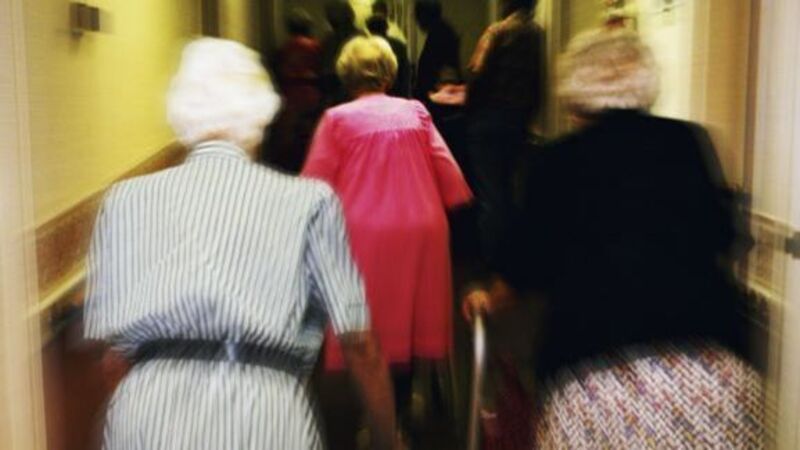One in five nursing homes deaths since beginning of January resulted from Covid-19 infections

Just under one in five deaths in Irish nursing homes since the beginning of January resulted from Covid-19 infections it has emerged.
Of 3,244 deaths in such residential settings since the beginning of the year, 586 resulted from either confirmed or probable cases of the coronavirus.













